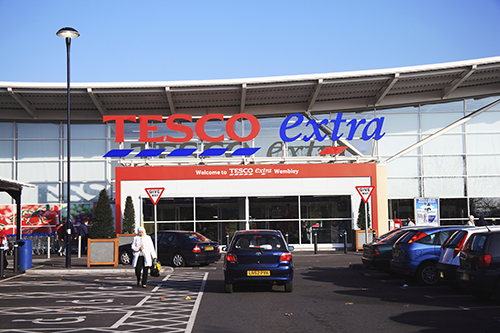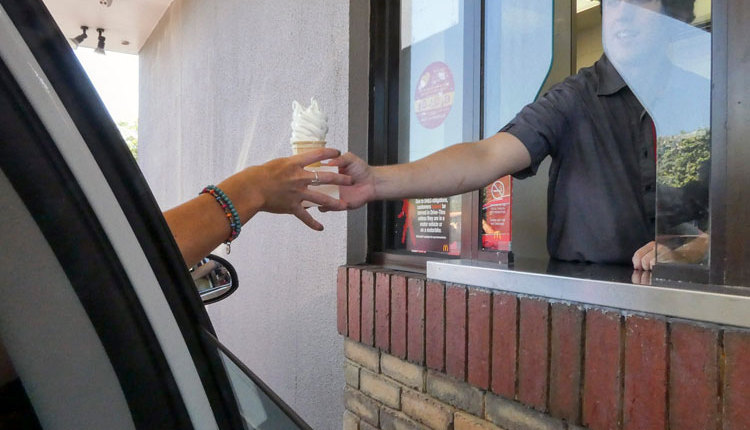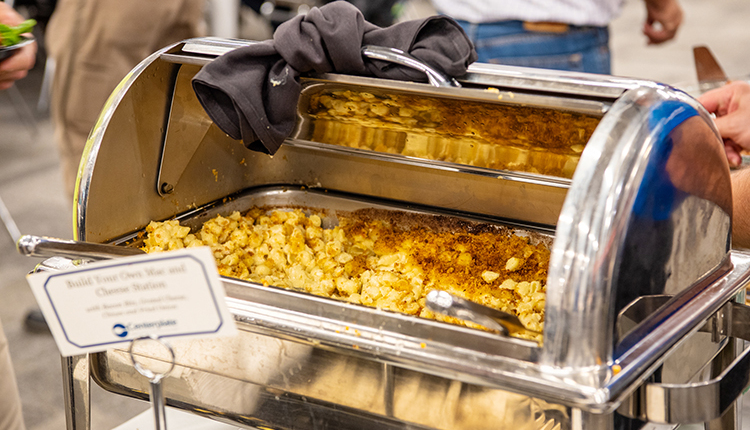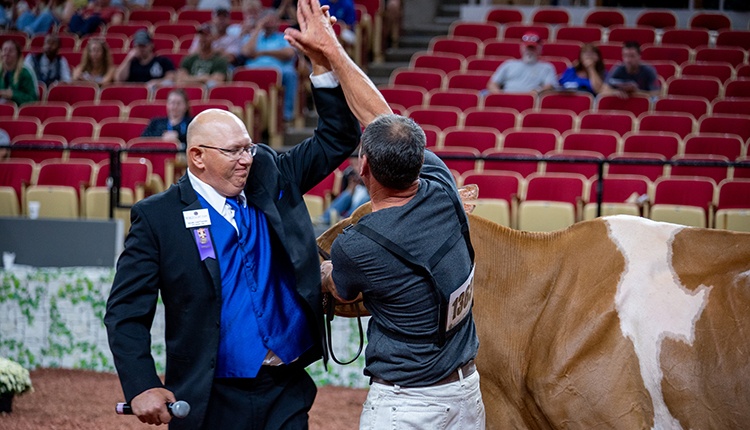
What's in a farm name? For some dairy producers, their farm's name has been carefully crafted to reflect the hopes and dreams for the future of their operation. For others, the farm name states clearly and proudly a family name, a name (and farm) that has been in the family for generations.
For dairies that have ventured into on-farm processing and sales, their name not only represents their farm but also their product. It is a name they hope customers connect with quality.
Woodside Farms. Willow Farms. Boswell Farms. Nightingale Farms. Redmere Farms. Rosedene Farms. Suntrail Farms. These are names attached to products sold in Britain at Tesco, the country's largest supermarket chain.
The problem is, none of these farms are real places. They are fictional farm names used by Tesco to launch seven new in-house brands for products from vegetables to meat.
Grocers have unfortunately used fictitious farm names in the past to market products. This most recent move by Tesco, however, caught the attention of both farmers and consumers, who are confused and concerned. Agricultural groups like the National Farmers' Union and the Soil Association have also spoken up against the marketing move.
On-farm processing and sales is not a new concept, but it has picked up speed the past few years. It provides dairymen and other farmers more control over production and pricing. It also helps consumers get to know their farmers by connecting a name to a face.
The option to buy food directly from a particular farm helps build trust among consumers, especially those who are interested in supporting local businesses and concerned about where food comes from. Tesco has capitalized on that desire by creating a fictitious image that these new product lines come from specific farms. They do, of course, come from "real" farms . . . but they are not specially made at Woodside Farms or Willow Farms, like consumers may be led to believe.
This is a good reminder to all farmers, and especially those direct-selling their products, that marketing needs to go beyond the farm name. Show consumers who you really are, what you believe in, and where their food comes from. Like anything in life, we can only go so far with a good name. In the long run, it is what's behind that name, and what it stands for, that really counts.

The author is an associate editor and covers animal health, dairy housing and equipment, and nutrient management. She grew up on a dairy farm near Plymouth, Wis., and previously served as a University of Wisconsin agricultural extension agent. She received a master's degree from North Carolina State University and a bachelor's from University of Wisconsin-Madison.








